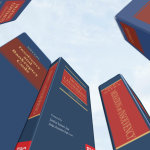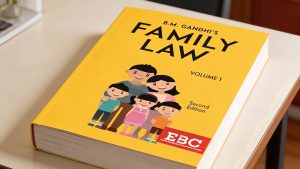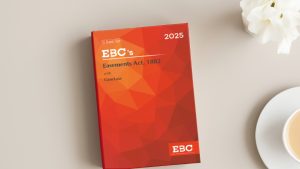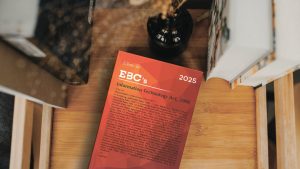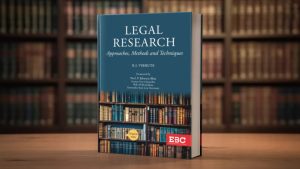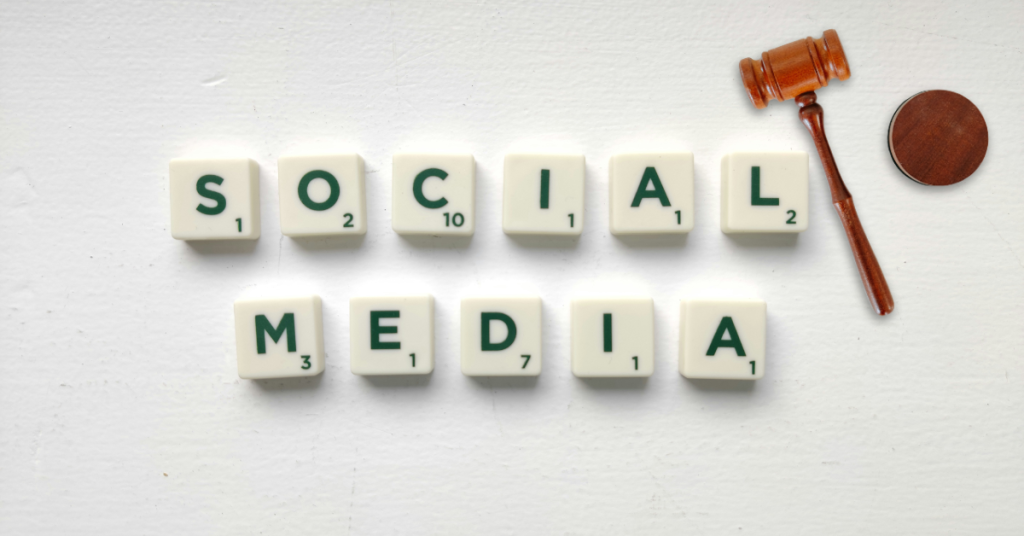
In today’s digital world, sharing content online is as easy as tapping a screen — but it’s not always without consequences. This guide explores the legal side of posting and sharing online, helping you understand your rights, responsibilities, and the potential risks involved. Before you click “share,” make sure you know what the law says.
1. Understanding Copyright
- Creators Automatically Own Their Work
The moment someone creates original content — like a photo, video, artwork, or article — they automatically hold the copyright, even if it’s posted online. - Posting Doesn’t Mean Giving Away Rights
Just because content is shared publicly on social media or websites doesn’t mean it’s free to use. Copyright still applies unless the creator gives explicit permission. - Using Without Permission Can Be Infringement
Downloading, reposting, or editing someone else’s content without their approval can lead to copyright violations, even if credit is given. - Some Content Is Licensed for Sharing
Creative Commons and royalty-free licenses allow legal use of certain works — but users must follow the terms, such as attribution or non-commercial use.
2. Consent & Privacy
- Private Photos and Videos Require Permission
Sharing images or videos of others — especially in private settings — without their consent can violate privacy laws and may lead to legal action. - Personal Information Is Legally Protected
Posting someone’s address, phone number, or other private details (known as doxxing) is illegal in many places and considered a serious breach of privacy. - Recording Without Consent May Be a Crime
In some regions, recording conversations or videos of people without their knowledge — even in public — may break surveillance or consent laws. - Minors Deserve Extra Protection
Sharing content involving children, especially without parental consent, can raise serious legal and ethical concerns, including violations of child protection laws.
3. Digital Footprints & Accountability
- Every Click Leaves a Trail
When you browse, post, or message online, your activity is logged through IP addresses, timestamps, and device information — creating a digital footprint that can be traced back to you, even if content is deleted. - Law Enforcement Can Track Online Behavior
In serious cases (like cyberbullying, threats, or illegal content sharing), authorities can request user data from platforms or internet service providers to identify and prosecute individuals. - Screenshots and Metadata Matter
Even if you delete a post or story, others may have saved evidence. Metadata in images and files can reveal when, where, and how content was created — often used in digital investigations. - Online Misconduct Has Real-Life Consequences
From school suspensions to job loss or legal charges, what you do online — whether it’s defamation, harassment, or copyright infringement — can lead to serious outcomes offline.
4. The Role of Platforms: What Are They Responsible For?
- Content Moderation Through Community Guidelines
Platforms set community standards that users must follow. If content violates these rules (e.g., hate speech, harassment, or explicit material), it can be removed, and repeat offenders may face suspension or bans. - Copyright Disputes via Takedown Requests (DMCA)
When users upload copyrighted content without permission, platforms follow the DMCA (Digital Millennium Copyright Act) process. Rights holders can file takedown notices, and users can submit counter-notices if they believe the claim is wrong. - Flagging and Reporting Tools for Users
Instagram, TikTok, and YouTube allow users to report content they believe violates rules. These reports trigger a review process by automated systems and/or human moderators, who decide whether to take action. - Limited Legal Liability Under Safe Harbor Laws
While platforms host content, they aren’t legally liable for every user post — as long as they act quickly to remove illegal material once notified. This is known as the “safe harbor” protection, common in U.S. and international law.









